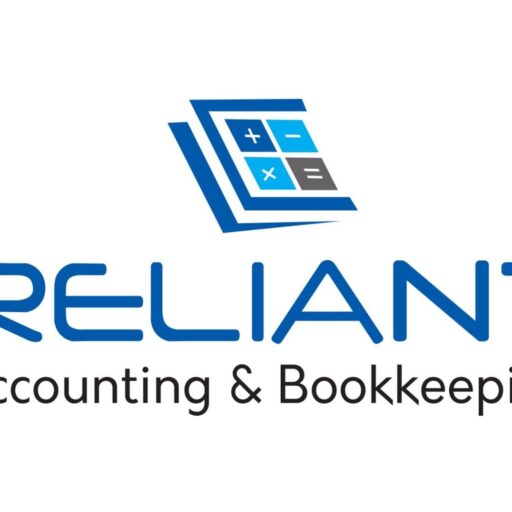Dubai Accounting Service is Crucial for Your Business IntroductionDubai has rapidly become one of the world’s most attractive business hubs. With its tax-friendly environment, cutting-edge infrastructure, and strategic location, it’s no surprise that entrepreneurs and corporations alike are drawn to the emirate. But while setting up a business in Dubai is relatively straightforward, managing finances […]
Blog
Dubai Accounting Services Unlocking Business Success with Dubai Accounting Services Dubai has firmly established itself as a global business hub, attracting startups, SMEs, and multinational corporations alike. As opportunities grow, so does the need for robust financial management. That’s where Dubai accounting services come into play—serving as a backbone for businesses navigating the UAE’s regulatory […]
Bookkeeping Services in Dubai are Essential for Small Businesses Discover how professional bookkeeping services in Dubai help small businesses stay compliant, save time, and make smarter financial decisions. Learn more now. Introduction Running a small business in a competitive market like Dubai can be both exciting and overwhelming. With strict compliance requirements and rapidly changing […]
Accounting in Dubai: A Guide to Financial Compliance and Business Growth Dubai, the economic jewel of the Middle East, has earned global recognition for its thriving business environment, attractive tax benefits, and world-class infrastructure. With thousands of entrepreneurs and international investors setting up shop in the UAE every year, understanding the accounting landscape in Dubai […]
Accounting Services in Dubai Maximizing Your Business Success with Professional In today’s fast-paced business world, maintaining accurate financial records and ensuring compliance with tax regulations are crucial for the success of any company. At Reliant Accounting Services, we offer comprehensive accounting services to help businesses stay financially organized, compliant, and on the path to success.Accounting […]
Reliant Accounting Services near me : Your Trusted Partner for Financial Success in Dubai Reliant Accounting Services near me In the fast-paced and ever-evolving business landscape of Dubai, maintaining accurate financial records and ensuring compliance with local regulations is crucial for success. At Reliant Accounting Services, we offer a comprehensive suite of accounting and financial […]
The Power of Accounting and Digital Marketing in Business Growth Introduction The Power of Accounting and Digital Marketing In today’s fast-paced digital world, businesses rely on both strong financial management and innovative marketing strategies to achieve sustainable growth. Accounting ensures financial stability, regulatory compliance, and informed decision-making, while digital marketing enables businesses to reach and […]
Leveraging Digital Marketing for Accounting Success: A Guide by Reliant Accounting Services Introduction Leveraging Digital Marketing In today’s fast-paced digital age, the power of digital marketing cannot be overstated. For accounting firms like Reliant Accounting Services, leveraging digital marketing strategies can drive growth, attract clients, and establish a strong online presence. As businesses increasingly shift […]
Maximizing Financial Success with Reliant Accounting Services In today’s fast-paced business environment, having a reliable and professional accounting partner is essential for success. At Reliant Accounting Services, we understand the importance of accurate financial management, tax compliance, and strategic planning to help businesses and individuals thrive. Whether you run a small business, a mid-sized company, […]
Innovative Ideas for Accounting Companies: Staying Ahead in a Competitive Market Innovative Ideas for Accounting Companies The accounting industry has seen significant transformations over the years, driven by technological advancements, regulatory changes, and evolving client expectations. To remain competitive, accounting firms must embrace innovation and continuously refine their strategies. In this blog, we explore groundbreaking […]






